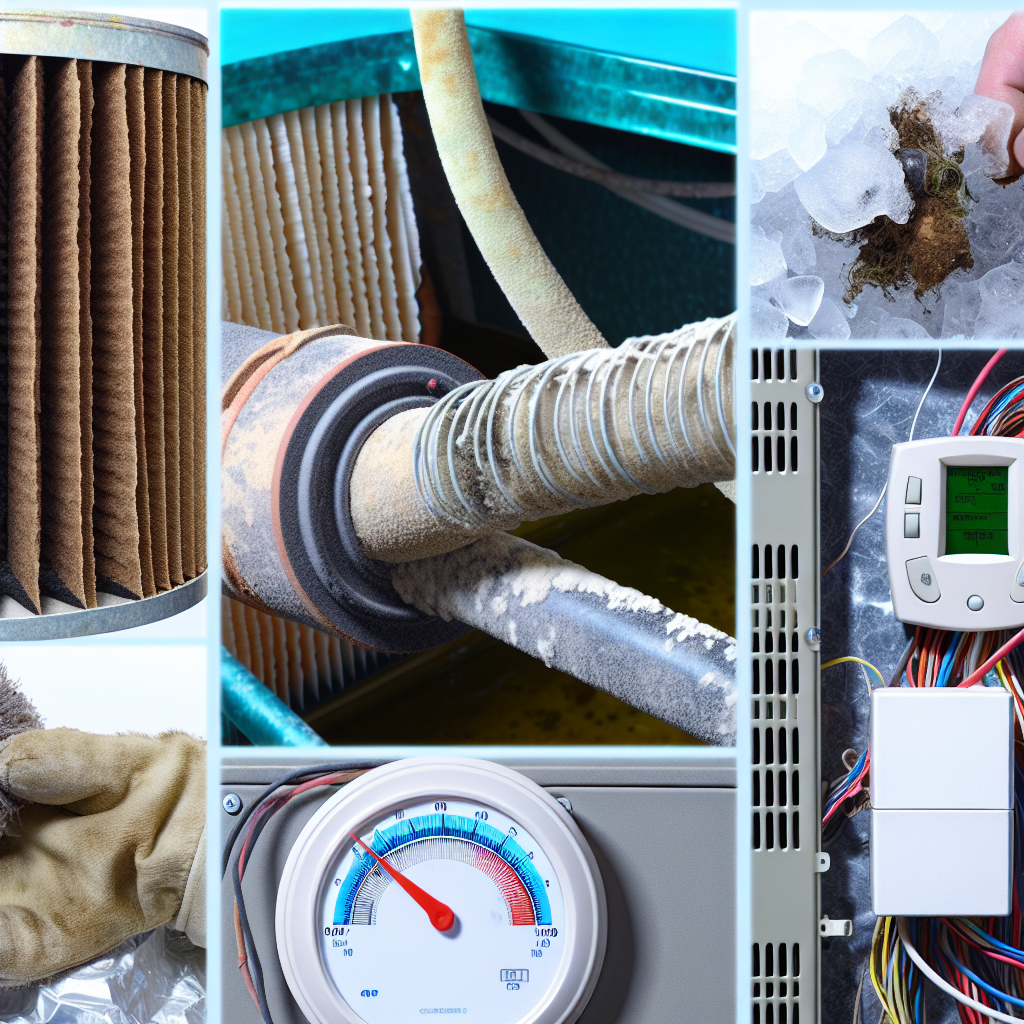Published: Jul 19, 2025

Heating, ventilation, and air conditioning (HVAC) systems are essential for maintaining a comfortable and healthy indoor environment. Like any other appliance, HVAC systems have a lifespan and may need to be replaced after years of service. Here are five signs that indicate it's time to consider replacing your HVAC system:
One of the most significant indicators that it might be time to replace your HVAC system is its age. On average, HVAC systems last between 10 to 15 years. If your system is approaching or has exceeded this timeframe, it may be more prone to breakdowns and inefficiencies. Newer models are also more energy-efficient, which can lead to cost savings on your energy bills in the long run.
Have you noticed a steady increase in your energy bills despite no major changes in your usage patterns? This could be a sign that your HVAC system is no longer operating efficiently. As systems age, they can become less efficient, causing them to work harder to maintain the desired temperature. Replacing an older system with a newer, energy-efficient model can help lower your monthly energy expenses.
If you find yourself calling your HVAC technician for repairs more often than usual, it may be a sign that your system is on its last legs. Constant breakdowns and repairs can be both frustrating and costly. In such cases, investing in a new HVAC system can not only save you money in the long term but also provide you with peace of mind knowing that you have a reliable system in place.
Do you experience inconsistent temperatures in different parts of your home? Uneven heating or cooling can be a sign of HVAC system inefficiency or ductwork issues. Older systems may struggle to distribute air evenly, leading to hot and cold spots throughout your home. Upgrading to a new HVAC system can help improve airflow and ensure consistent comfort throughout your living space.
Unusual sounds or odors coming from your HVAC system should never be ignored. Rattling, banging, hissing, or musty smells could indicate various issues, from loose components to mold growth. These signs often point to underlying problems that may be costly to repair. In such cases, it might be more cost-effective to replace the entire system instead of continuously patching up individual components.
In conclusion, recognizing these signs can help you make an informed decision about whether it's time to replace your HVAC system. While a new HVAC system is a significant investment, it can lead to improved comfort, energy savings, and peace of mind in the long run.
Remember, regular maintenance and timely replacements are key to ensuring the optimal performance and longevity of your HVAC system.
**

Our expert technicians are ready to assist you 24/7!
Contact Us Today!Read our latest articles for helpful information about heating, cooling, and air quality.
Regular HVAC maintenance is crucial for keeping your system running smoothly, avoiding costly repairs, and improving ene...
Read MoreUpgrading to energy-efficient HVAC systems through measures like programmable thermostats, duct sealing, high-efficienc...
Read MoreImplementing strategies such as regular cleaning, humidity control, ventilation, air purification, and allergen prevent...
Read MoreInstalling a smart thermostat in your home can enhance comfort, optimize energy efficiency, and provide long-term cost s...
Read More